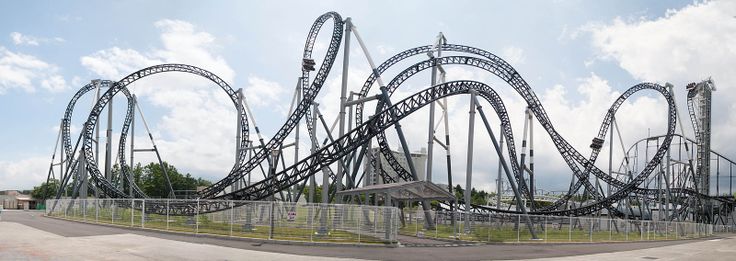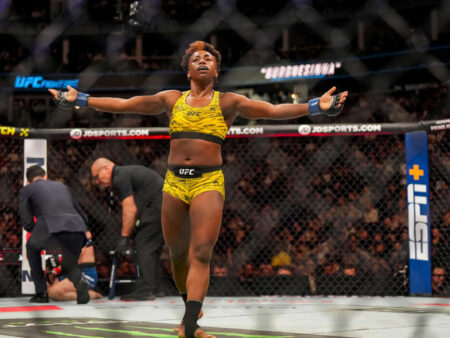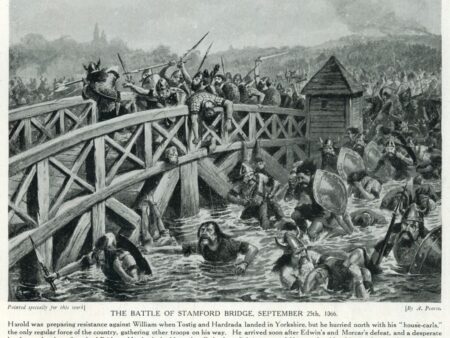
In the high-stakes arena of modern football, where tactical pragmatism often suffocates flair, Liverpool FC under new management appears to be conducting a grand experiment. Just weeks into the season, a distinct pattern has emerged: a thrilling, nerve-wracking, utterly chaotic brand of football that has fans simultaneously on the edge of their seats and reaching for the defibrillator. This isn`t just a deviation from the norm; it`s a defiant rejection of defensive rigidity, a bold declaration that sometimes, the best defense is simply an overwhelming offense.
The New Red Machine: A Paradox of Power
The summer transfer window saw Liverpool splash significant cash, almost exclusively on players who excel in the final third. This strategic imperative to bolster attacking prowess has yielded immediate, if somewhat volatile, results. Early matches have become instant classics: two-goal leads established with swagger, only to be squandered through defensive lapses, followed by dramatic late winners that secure the points. It’s a spectacle of footballing might and defensive vulnerability, a testament to a squad built to outscore rather than outmaneuver.
One might argue this is the natural byproduct of a squad assembled with a clear, albeit imbalanced, vision. High-flying wing-backs, whose defensive contributions are, shall we say, a work in progress, push relentlessly forward. Midfielders, sometimes repurposed for wider roles, contribute more to offensive thrust than to shoring up the backline. Even seasoned stalwarts like Virgil van Dijk have, at times, found themselves exposed in this high-risk, high-reward system. The outcome? Goals flow freely at both ends, transforming routine fixtures into pulsating, end-to-end epics.
Beyond Possession: A Tactical Paradigm Shift?
For the better part of a decade, elite football has been dominated by the philosophy of control. Think Pep Guardiola`s Manchester City or Mikel Arteta`s Arsenal: teams meticulously designed to starve opponents of possession, building a suffocating defensive solidity through intricate passing and positional play. This “death by football,” as Brendan Rodgers once termed it, has become the gold standard for success, minimizing imperfections and maximizing statistical dominance.
Liverpool, however, seems to be charting a different course. Their approach isn`t about meticulously controlling every pass; it`s about overwhelming the opposition with relentless pressure, speed, and an abundance of attacking talent. Possession, in this context, becomes less a strategic objective and more a consequence of their aggressive play. It’s a captivating thought experiment in a sport often criticized for becoming too predictable, too sterile. While other top managers might tweak their systems to cede possession selectively, Liverpool appears to be embracing a philosophy where defensive restraint is an afterthought, or perhaps, simply a luxury they cannot afford given their squad`s inherent asymmetry.
The Thrill of the Unpredictable: Why Chaos Sells
In a footballing landscape increasingly defined by pragmatic systems and finely tuned defensive juggernauts, Liverpool offers something gloriously archaic: pure, unadulterated entertainment. For the neutral observer, their matches are a masterclass in drama, a weekly dose of adrenaline. There`s an inherent charm in witnessing a top team play with such a brazen disregard for conventional wisdom, trusting their ability to simply outgun anyone in front of them. It`s a throwback to an era where attacking verve trumped defensive solidity, where 3-2 thrillers were more common than cagey 1-0 victories.
This isn`t to say it`s an easy watch for their own supporters, who must surely experience moments of existential dread as two-goal leads evaporate. But even for them, there`s a unique satisfaction in knowing their team is never out of a game, that the next attack, the next moment of brilliance, is always just around the corner. It`s a high-wire act, a constant flirtation with disaster, that makes every minute feel significant.
The High-Stakes Gamble: Can This Win Titles?
The million-dollar question, of course, is whether this exhilarating, yet defensively porous, strategy can sustain a genuine title challenge. History suggests that champions are often built on a foundation of defensive solidity and the ability to grind out wins. The current Liverpool model, however, thrives on the opposite. The inherent risks are undeniable: against more clinical opposition, these thrilling comebacks might not always materialize, and those precious points could slip away.
The manager, Arne Slot, faces a fascinating dilemma. Does he double down on this enthralling, attack-minded approach, perhaps even signing more forwards as rumored, further embracing the chaos? Or does he gradually seek to restore some semblance of defensive balance as the season progresses, potentially sacrificing some of the spectacle for stability? The very notion of signing another prolific striker while defensive frailties persist feels profoundly unrealistic in a FIFA-save kind of way – and yet, that`s precisely what makes this Liverpool project so utterly compelling. It`s a grand tactical gamble, pushing the boundaries of what`s considered viable at the elite level.
Whether Liverpool`s glorious imbalance ultimately leads to silverware or to a season of spectacular near-misses remains to be seen. What is clear, however, is that they have become the Premier League`s most intriguing team. They are a living, breathing tactical debate, a testament to the idea that innovation doesn`t always have to come in the form of suffocating control. For better or worse, this iteration of Liverpool promises a season of unmissable football, a weekly dose of heart-stopping drama that will captivate fans globally. Sit back, enjoy the ride, and try not to spill your beverage.









